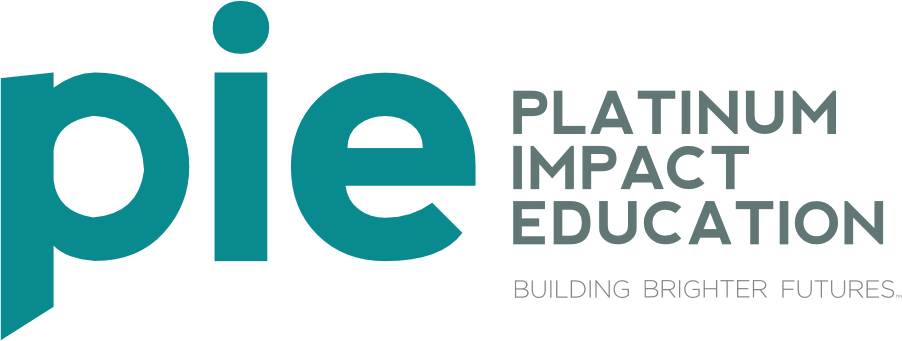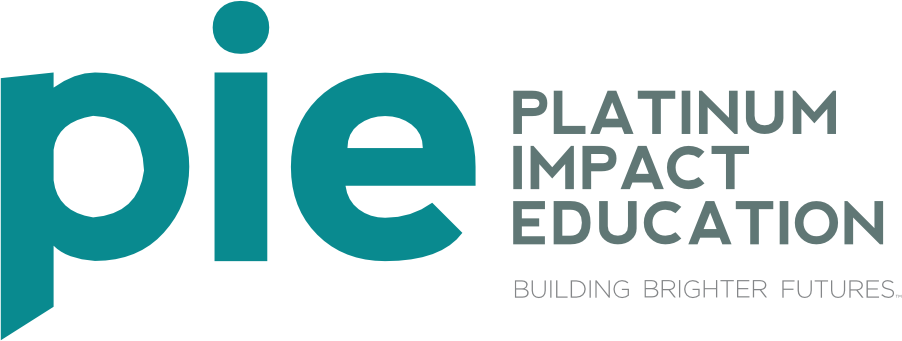Study in South Africa
If you want to experience life in one of the most diverse and complex countries in the world, you may choose to study in South Africa. Since the 1990s, following legislation to overturn decades of enforced racial segregation, South Africa has made significant progress in developing a more democratic society, in which diversity is celebrated as a central part of national identity. There are, for example, 11 official languages (only Bolivia and India have more), and the country is nicknamed the “rainbow nation” in recognition of its unique multicultural character.
But the country excels in many areas, offering some of the world’s most striking natural scenery and wildlife, diverse and dynamic cities, and towns – and a strong selection of leading universities with an international outlook.
Cost of Living
South Africa’s cost of living is relatively low. Average costs of R 8,000 (about 980 USD) per month can be estimated for students’ accommodation, food, bills, and travel. This low cost means students spend less during their studies in South Africa than they would in most developed countries. As for tuition fees in South Africa, amounts vary depending on school and education programme.
Courses and Universities
If you study in South Africa, it will usually take three years of full-time study to complete a bachelor’s degree, and one or two years to complete a master’s degree. The academic year is split into two semesters, the first from early February to early June, and the second from mid-July to late November.
Partner institutions
- Stenden University





